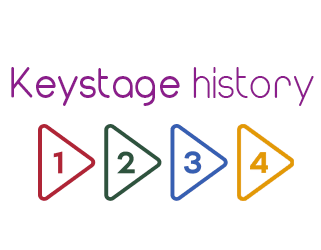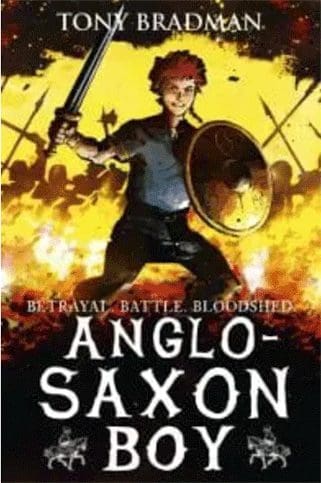
OFSTED’s views on primary history are difficult to find. The last Lead Inspector for history offered these three opinions before he left OFSTED, never to be replaced.
A. Too often in primary schools, history is submerged within an integrated curriculum structure and, as a result, pupils’ knowledge and understanding has suffered. In a small number of schools where this exists teachers have effectively focused on ensuring that pupils know when they are studying history and the subject-specific aims and objectives are effectively covered.
B. The most effective subject pedagogy, ensuring high achievement in history, was shown by teachers whose approach focused on well-structured enquiry, which helped pupils to think for themselves. In the most effective primary schools visited, a culture of resourcefulness, investigation and problem-solving in history provided excellent preparation for later study. It also developed pupils’ skills in research, analysis, evaluation and communication, which would be valuable for future study and employment.
C. The best learning in history took place when the teaching developed pupils’ historical knowledge and historical thinking and, as a result, enabled them to show their historical understanding. Historical thinking demands the ability to investigate, consider, reflect and review events of the past. Consequently, pupils acquired historical knowledge which they had learnt to communicate in an increasingly sophisticated way.







